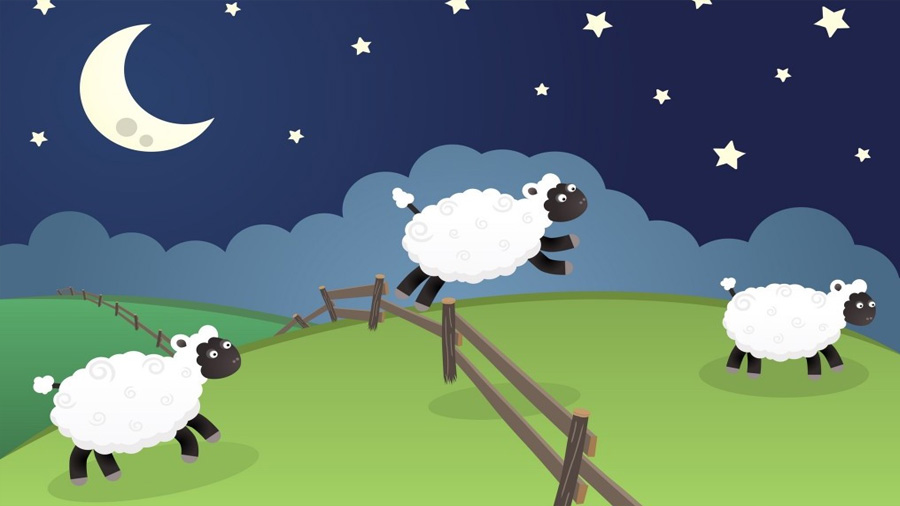
Losing Sleep and Dissertations
January 3rd is Festival of Sleep Day. Here’s what you should do if you’re losing sleep over your dissertation…
Losing sleep is a common problem in our hyper-stimulated culture. Losing sleep results in cognitive declines in alertness, concentration, reasoning, and problem solving. Your brain is also less able to retain memories when you are sleep-deprived. Clearly, these issues are mission critical for students of all kinds, and even more so for doctoral students working on their dissertations.
But, beyond these mental-acuity concerns, loss of sleep is also associated with serious, even deadly, health problems including hypertension, diabetes, irregular heartbeat, heart attack, and stroke!
It’s difficult to fully appreciate the importance of something as simple as a good night’s sleep to our health and productivity as people, in general, and students, in particular.
Even so, many doctoral students I speak with each day talk about burning the midnight oil to work on their dissertation projects. Others lament the stress and frustration they face as they try to move through the dissertation process on their own. Loss of sleep is a common refrain.
So, how can you make sure that that your dissertation doesn’t cause you to lose valuable and restorative slumber time?
First, know what you’re doing. As a student, it’s no surprise that you don’t know exactly what you’re doing when it comes to completing your dissertation. But, not knowing what you’re doing is still a source of stress. Make sure that your support network includes people with experience completing their own dissertations. Having access to knowledgeable resources is a great boost to your confidence and really can help you get a better night’s sleep!
Second, have a plan. Beyond just generally knowing what you’re doing in the dissertation process, you also need to know specifically what you’re doing for your dissertation. Your plan for collecting and analyzing your data is the very foundation of your study. When you know what you’re going to do to complete your study, you will find it much easier to develop your prospectus, your literature review, and your proposal overall.
Finally, have a schedule. Make sure that you set a writing schedule that allows you to be productive without sacrificing sleep. When you’re comfortable with the dissertation process and the details of your specific study, you’ll find it much easier to be productive. That increased productivity will enable you to get more done in less time, allowing you to get the sleep you need to stay to the top of your game. In fact, I recommend that our students set aside just 10-15 hours each week, just 2-3 hours 5-6 days each week.
Still losing sleep over your dissertation? Click here to schedule a quick, 15-minute chat with me to see if you’re a good fit for our Fast Track Your Dissertation Coaching Program. If you are, then I’ll invite you to join the fastest group of dissertation students out there and help you to reach graduation a good year or two faster than you would on your own.
